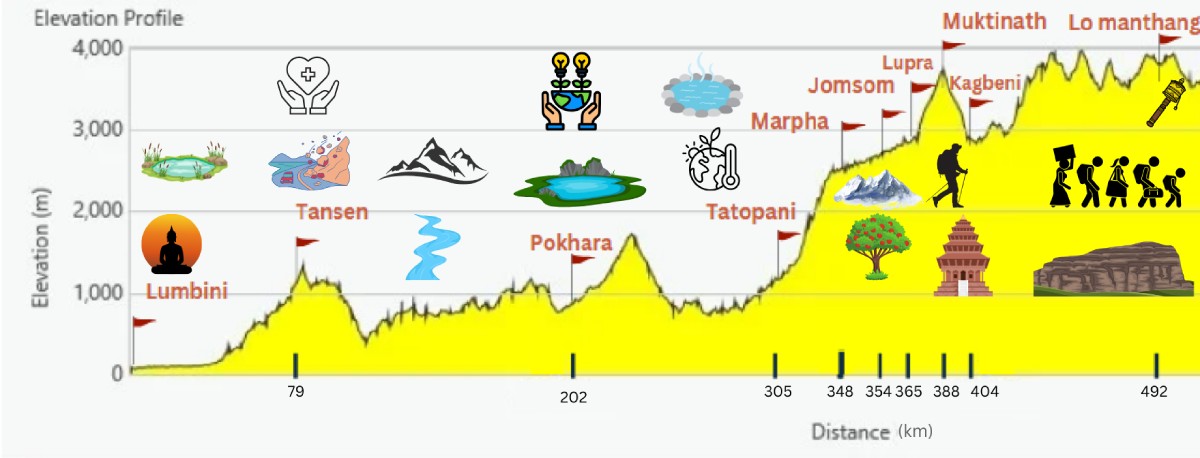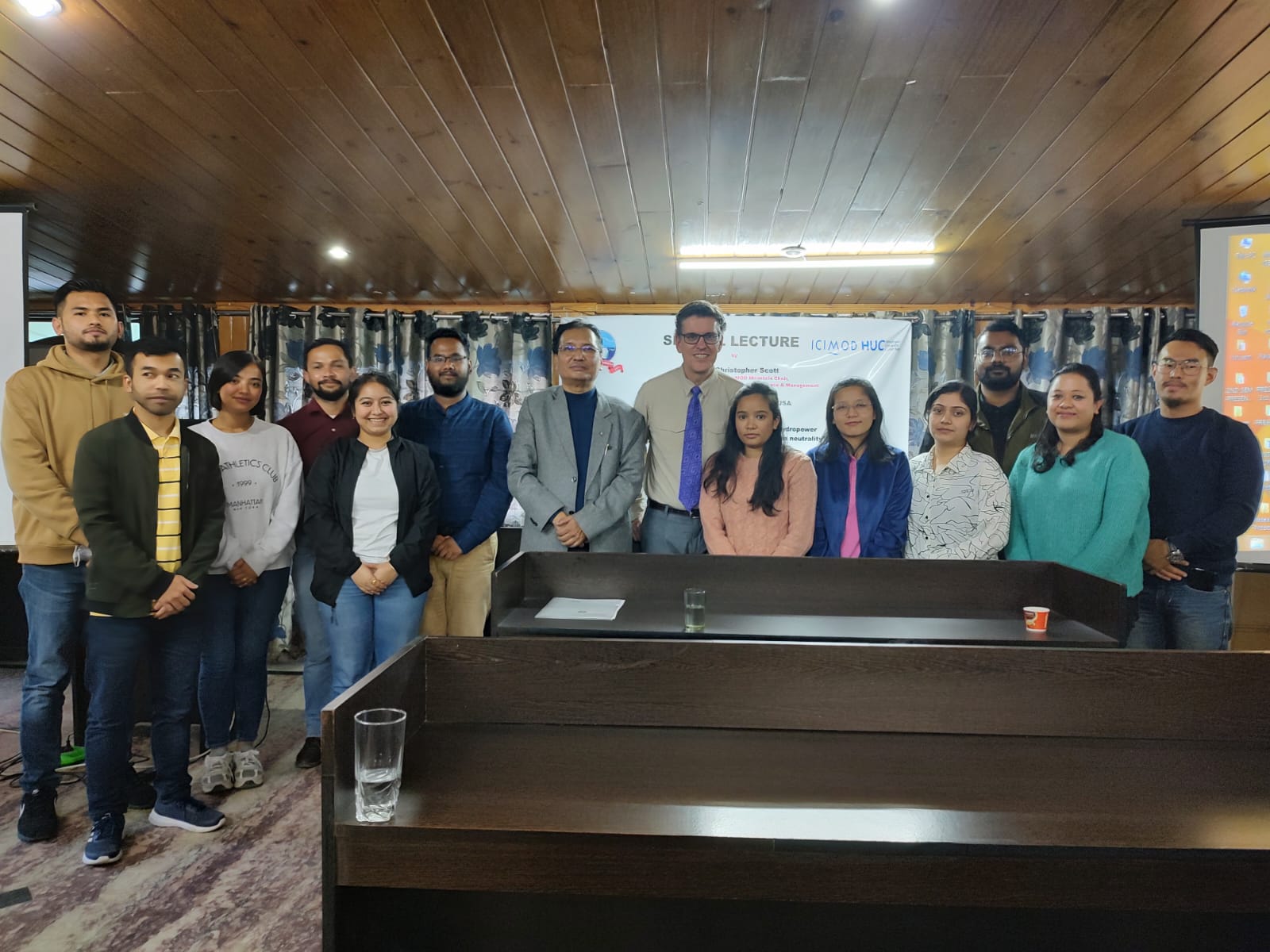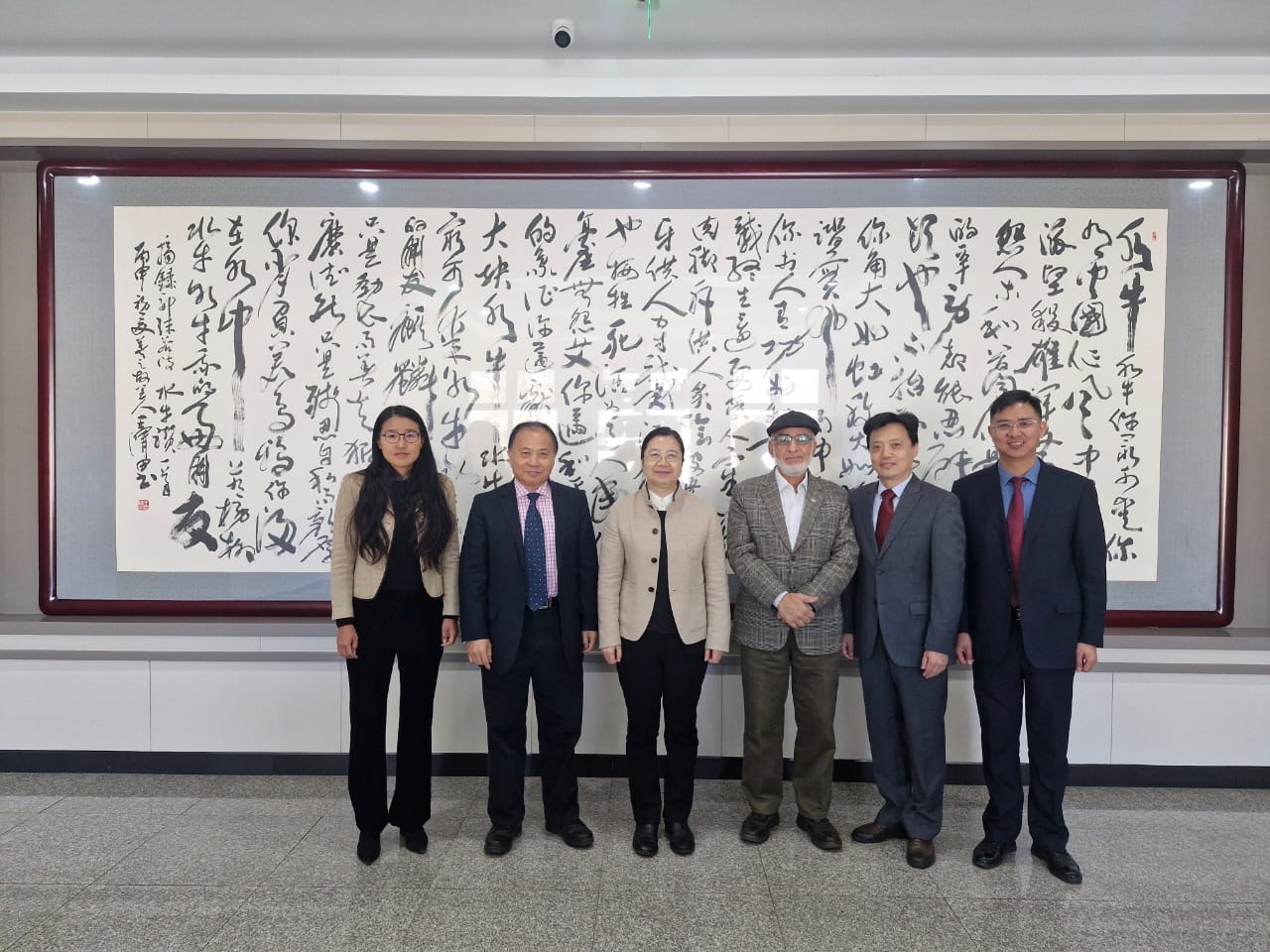The second meeting of the HUC Thematic Working Group (TWG) on Disasters Risk Reduction and Resilience (DRR and Resilience) was held on 13 December 2018 at International Centre for Integrated Mountain Development (ICIMOD) in Kathmandu, Nepal. The meeting was jointly organized by the HUC and the Institute for Disaster Management and Reconstruction (IDMR), Sichuan University, Chengdu, China. The TWG on DRR and Resilience is one of 15 HUC TWGs and its first meeting was organized by IDMR in Chengdu in 13 May 2018. The objectives of this meeting were: to discuss the four priority theme areas identified by the TWG; to share the research projects and ongoing collaboration on DRR; to discuss the governance mechanism for the group and; to discuss Strategy, Action Plan and prepare a roadmap for 2019. The meeting was attended by 30 representative from 15 different academic and other institutions from 6 Regional Member Countries (RMCs) of ICIMOD. Four participants from Afghanistan, Bhutan, and Pakistan attended selected sessions via virtual platform.
The meeting opened with the welcome remarks by Dr Eklabya Sharma (Deputy Director General (DDG), ICIMOD), Prof Gretchen Kalonji (Dean, IDMR), Dr Mandira Singh Shrestha (Programme Coordinator – Hi-RISK, River Basins and Cryosphere Programme, ICIMOD) and Dr Chi Huyen Truong (Programme Coordinator – HUC, ICIMOD). The speakers highlighted the importance of HUC as a network that engages academicians and researchers and builds capacity and partnerships between members. They also stressed the special importance of DRR and Resilience in the Hindu Kush Himalaya (HKH) region, which is one of the most conflicting regions of the world and prone to various natural disasters. The speakers also stressed the importance of working together in the four priorities areas: Water Hazards, Social Science Policy, Urban Issues and Health, which were identified in the first meeting in Chengdu.
Dr Mandira Singh Shrestha facilitated the first session, which focused on the goals and objective of the TWG. Ms Megha Rajani Rai, Prof Dr Rajiv Sinha and Mr AN Ruidong provided valuable inputs and suggested to make the objectives and activities of the group more youth oriented and contextual in the case of HKH in terms of DRR knowledge sharing and transfer at the local level. The session also featured the presentation by Dr Chandra Lal Panday (Kathmandu University), Prof Prem S Chapagain (Geography Department, Tribhuvan University) and Dr, Chi Huyen Truong. Dr Panday shared updates on current activities of the DRR TWG, including a joint research with Tata Institute of Social Sciences, India. This was one of the outcomes of the first meeting in Chengdu. Similarly, Dr Chapagain gave a brief about the activities of one the Geography department at TU and Dr Truong further stressed on the importance of HUC and its role as a linking pin among the academic institutions of the region. The second session facilitated by Dr Tetsuo Shoji (Tohoku University), hosted few presentations from partners sharing ideas for integrated research and educational projects and with focused on the Strategy and Plan for 2019. Under the leadership of IDMR, members of TWGs agreed to proceed with a plan for action in 2019, focusing on joint development of research proposals on topics of high relevance in the HKH. The third meeting of the Group is tentatively scheduled for mid-June 2019, to be hosted by IDMR in Chengdu.
The meeting concluded with a Vote of Thanks by Prof Gretchen. She expressed her commitment for the continuation of IDMR leadership in this TWG and looked forward to greater engagement of the group in 2019.



